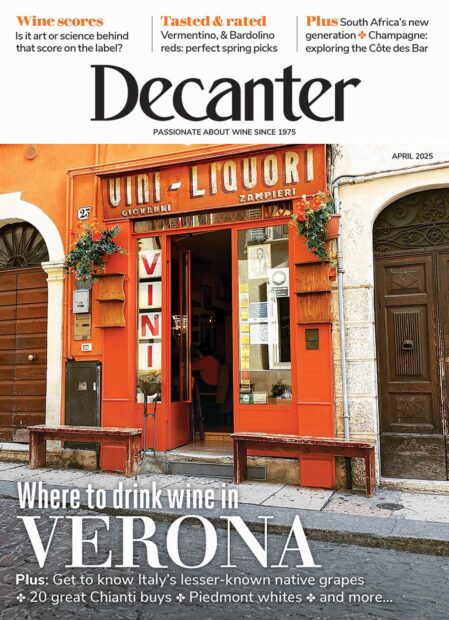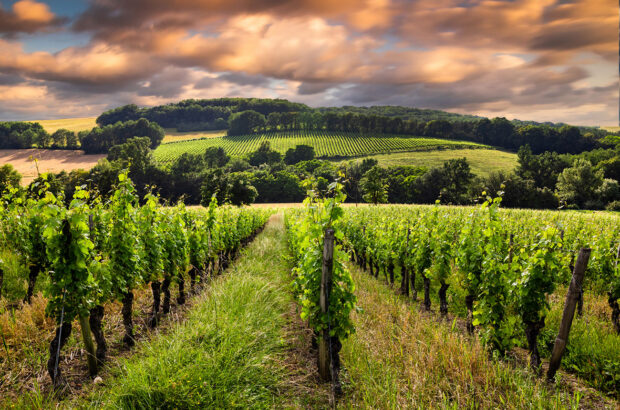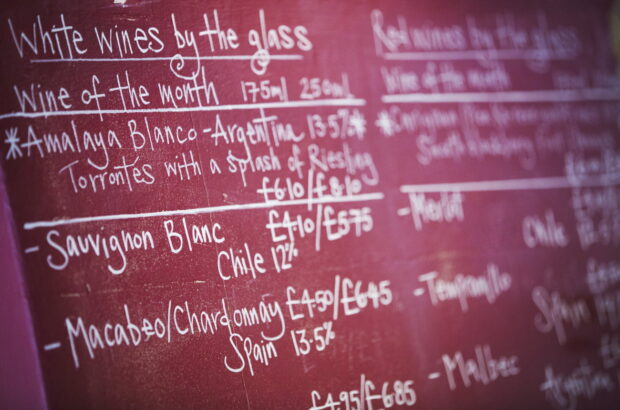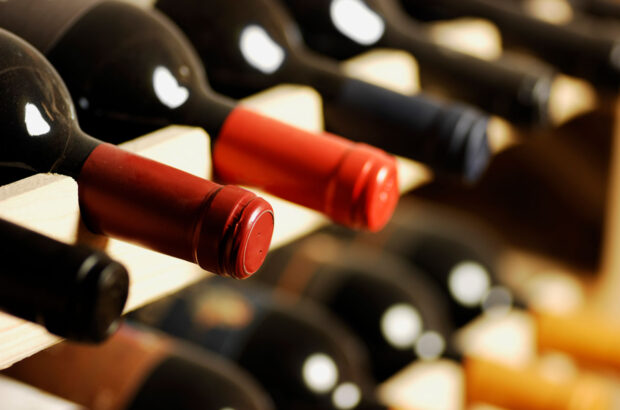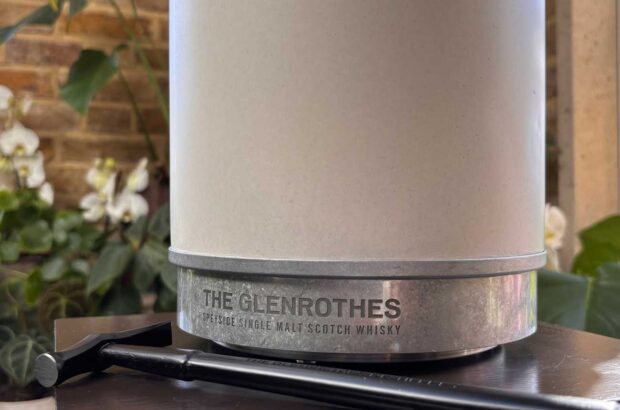Ratafia de Champagne, a grape based spirit produced in the Champagne region, has received official status as a Protected Geographical Indication (PGI).
It is the first time the French board of appellations, the INAO, has awarded this to Ratafia de Champagne.
Made from the same grapes as Champagne, Ratafia de Champagne reaches around 18% abv, and is produced from Chardonnay, Pinot Noir and Pinot Meunier grapes harvested in whole bunches to protect their freshness.
An association of producers, distillers, the Champagne winegrowers union and the Maisons de Champagne union known as Bosons Spiritueuses Champenoises was set up in June 2014 to govern production.
‘There are today around 120 producers of Ratafia de Champagne and its existence dates back eight centuries,’ Claude Giraud of Maison Giraud and president of Boissons Spiritueuses Champenoises told decanter.com.
‘But the potential for growth is huge, and we expect to reach 15 million bottles annually. It gives a new way to talk about the terroir of Champagne, and the distinct taste reflects the minerality, elegance and balance of the region. This is the only place in Europe to produce Ratafia’.
The grapes from the free run juice and the first presses go to Champagne production while the juice from either the third or fourth press is used to make Ratafia de Champagne.
The first bottles under the PGI Ratafia de Champagne are expected to reach the market during 2016, although it will be non-vintage, as the majority of Champagne is.



